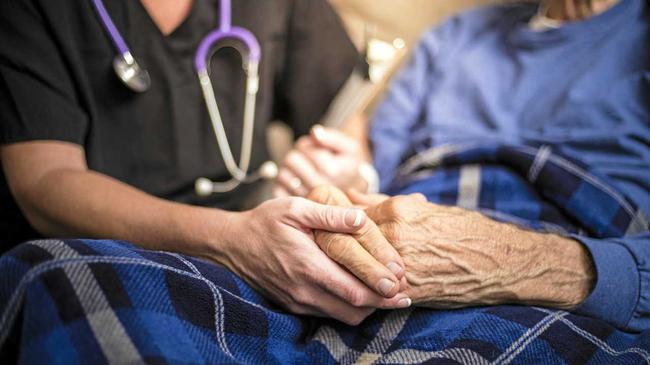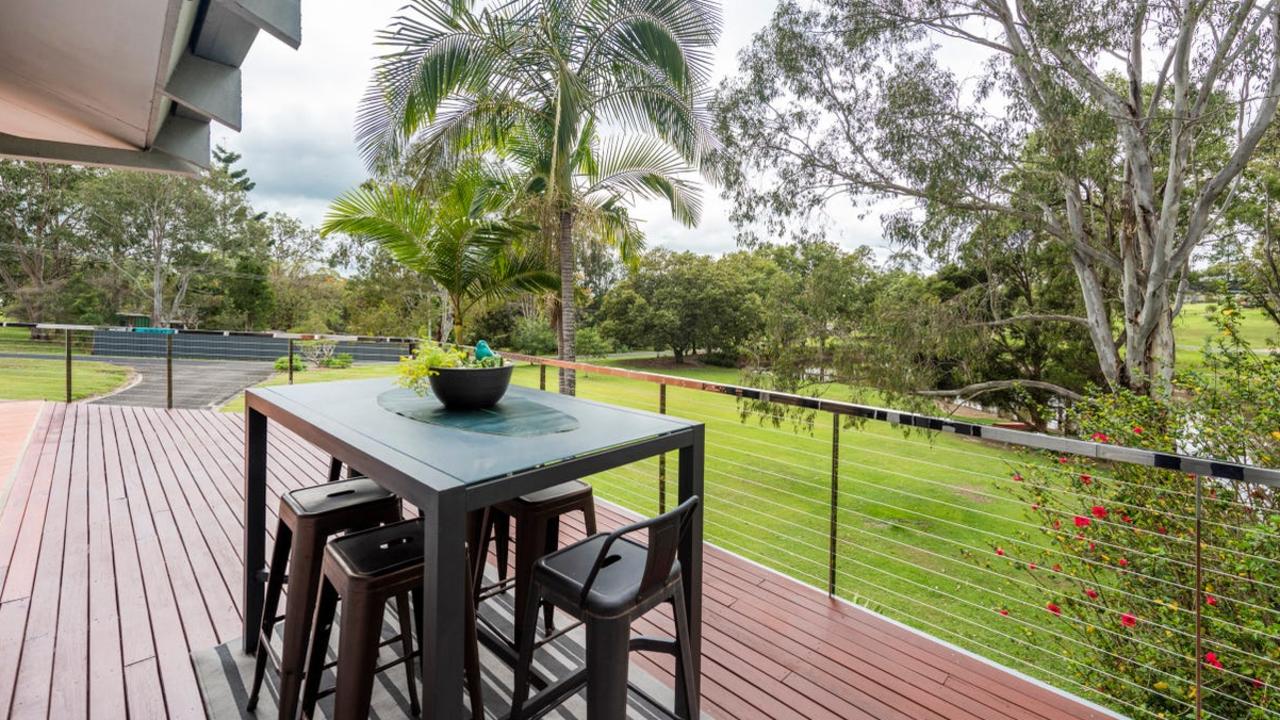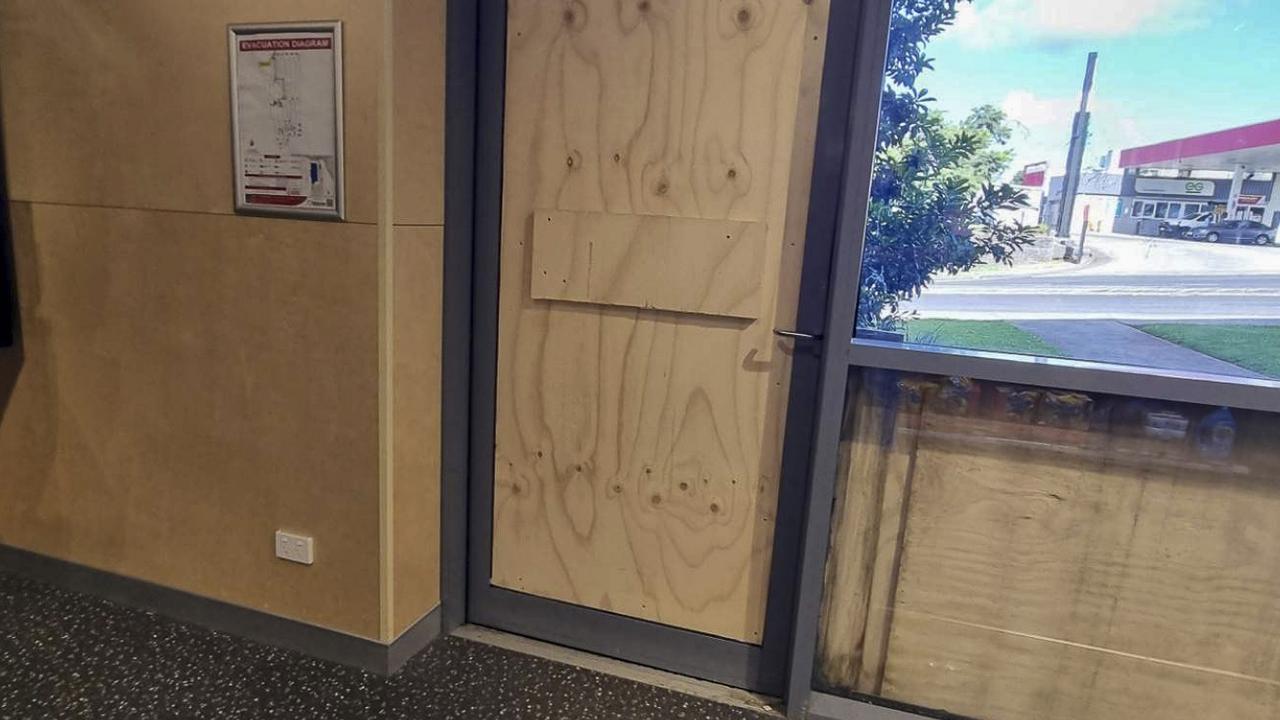Royal Commission Welcomed
Aged care sector hopeful that positive change will come from the inquiry that started this week

Grafton
Don't miss out on the headlines from Grafton. Followed categories will be added to My News.
THIS week had the start of the Royal Commission into Aged Care Quality and Safety which was prompted by harrowing details of abuse and neglect at facilities around the country.
The commission will investigate the extent of substandard care and abuse and how to best deliver services into the future.
Aged care providers in the Clarence Valley welcome the commission and CEO of local provider Whiddon, Chris Mamarelis, believed it should be an issue on everyone's mind.
"We are supportive of a Royal Commission that focuses on generating positive and constructive outcomes in aged care,” Mr Mamarelis said.
"Many providers, and Whiddon are very proud to be one of them, are bringing incredible innovation, a personalised and holistic approach to care, and a strong focus on achieving the very best outcomes possible for older Australians and their families.
"Ultimately, we hope the findings allow our communities to build more trust and belief in the valuable services the aged care sector provides.”
The Health Services Union which represented workers in the industry painted a much darker picture, of a race to the bottom by aged care providers trying to deal with years of budget cuts.
"Recently we've seen aged care jobs in Grafton lost because operators are constantly looking for ways to cut costs,” HSU NSW Secretary Gerard Hayes said.
"The sector needs to be cleaned up and a good start would be to employ enough staff and pay them properly,” Mr Hayes said.
"That's why the Royal Commission must look at the way that aged care facilities are both funded and managed.”
According to data provided by the Government's Institute of Health and Welfare, the percentage of Australians aged sixty five and over was 9% in 1977 and was projected to grow to 22% in 2057.
The proportion of Australians aged 85 and over will nearly double, representing one fifth of people aged over 65.
Originally published as Royal Commission Welcomed


